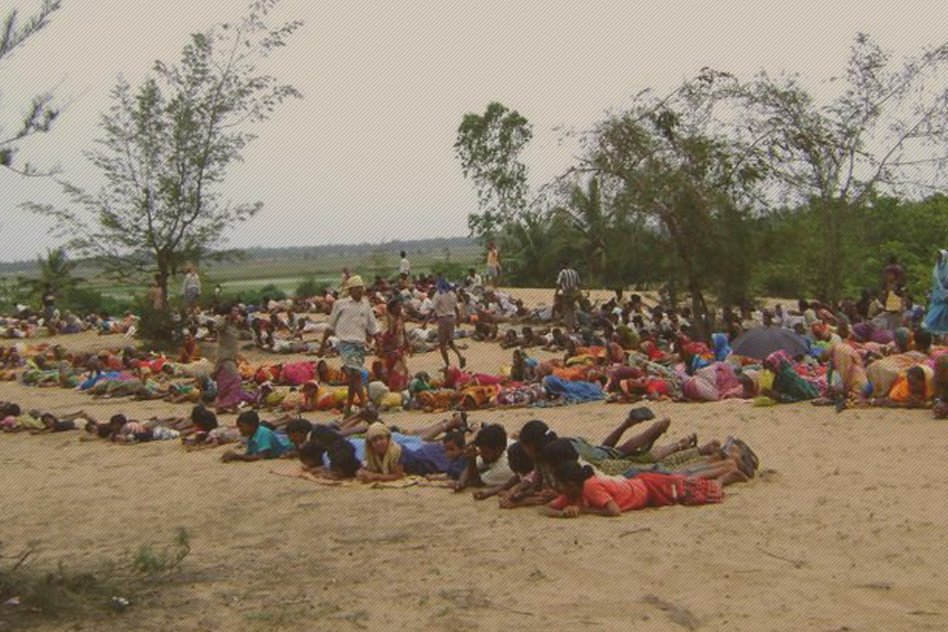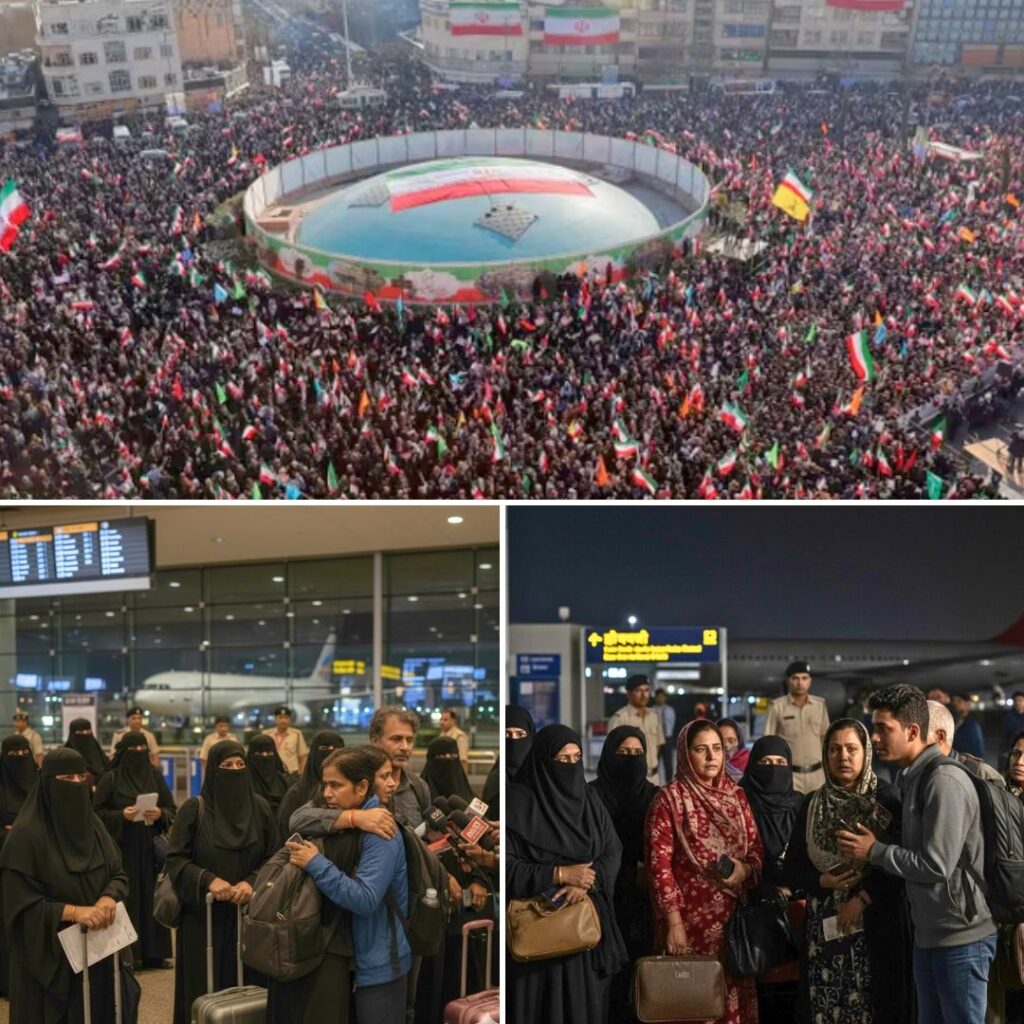According to the data provided by the Ministry of Finance in reply to an RTI application, only 8% of all the stalled projects are because of Land Acquisition reasons. The reasons for 1/3rdof the stalled projects is not known. And only 11 of the projects stalled because of Land Acquisition reasons involve projects for the poor and disadvantaged.
The amendments to the Land Acquisition act (Right to Fair Compensation and Transparency in Land Acquisition, Rehabilitation and Resettlement Act) are being touted by many in the Government as a game changer in triggering growth. It is also being publicized that Land Acquisition has been stalling projects and hindering growth & investments. The Economic Survey 2014-15 also has a special chapter dedicated to stalled projects where it talks in detail about stalled projects. The details of such projects were not annexed to the report.
RTI activist Mr. Venkatesh Nayak filed an application under the RTI with the Ministry of Finance seeking details about these stalled projects like location, type of project, ownership (Public/Private), reasons for stalling of the project etc. The Ministry replied promptly with all the details about the 804 projects that are stalled as of February 2015.
Where are the projects stalled?
The 804 projects that are stalled are across 24 States and two UTs for variety of reasons. Maharashtra with 125 stalled projects topped the list followed by Gujarat (63 projects), West Bengal (55 projects), Karnataka (52 projects) and Telangana (52) making the rest of the top 5.
Type of Ownership
Out of the stalled projects, 78% are Private Sector projects while 22% are by the Public Sector (like Central/State governments, PSUs etc).
Is Land Acquisition the Prime Reason?
According to the data, only 8% or 66 of the 804 projects are stalled due to Land Acquisition related problems. In other words, not even one in ten projects is stalled because of problems related to Land Acquisition. The data is in complete contradiction with what the advocates of the Land Acquisition ordinance have been saying, that the land acquisition process is holding up a lot of projects and hindering growth/investments.
About 39% of the projects have stalled due to unfavorable market conditions or lack of funds or raw material or fuel supply problems. The list mentions the reason as ‘Others’ for 19% of the projects while no reason is available for 15% of the projects. In other words, we do not know the reason for 34% or 1/3rd of the stalled projects. And yet, the government wants us to believe that Land Acquisition is the biggest issue.
Only 4.2% of the stalled projects were pending because of environmental clearances whereas lack of clearance from the State Governments amount to 11.8% of the total. In other words, only 16% of the projects are stalled because of regulatory clearances. Apart from these, there are other reasons like natural calamity etc for about the remaining 3% projects.
Type of Projects
It is also said that the amendments to the Land Acquisition are to promote development for the poorer sections like affordable housing, rural electrification etc and hence they are being exempted from consent & social impact assessment. But of the 66 projects stalled for land acquisition reasons, only 11 or 1.36% of all the projects directly relate to the well being of the poor & disadvantaged sections like Slum Rehabilitation, Budget Housing, Bus Stand etc. In other words, welfare of the poor looks like an alibi.
On the other hand, at least 145 of the stalled projects, about 18% are for the affluent and the rich class. These are projects involving construction of Shopping Malls, Elite Hotels, Resorts, Multiplexes, Elite residences/villas, Golf Courses, Racing Tracks etc.
Another 25 stalled projects are about setting up townships- nothing in the list provided by Ministry of Finance indicates which segment of society they are intended to benefit. However, it must also be said that the list of 804 projects also includes power generation, airport construction or expansion, road and railway expansion, pharmaceutical, textile, software and SEZ projects amongst others. Mining projects for coal and uranium amongst other metals are also part of the stalled projects list.
Missing Data
The data does not have information about how long these projects have been installed condition. It also does not say if these are the only projects that are stalled across the country. The data also does not mention the value/cost of all the projects stalled.
Interestingly, the data provided under the RTI act and also in the Economic Survey 2014-15 are based on inputs provided by the Centre for Monitoring Indian Economy Ltd. (CMIE). CMIE is a private sector business information company. We do not even know if the government has done anything to cross check the veracity of this database.
Source:
- RTI reply from Ministry of Finance
- Data Analysis by Venkatesh Nayak
– By RAKESH DUBBUDU, FACTLY











